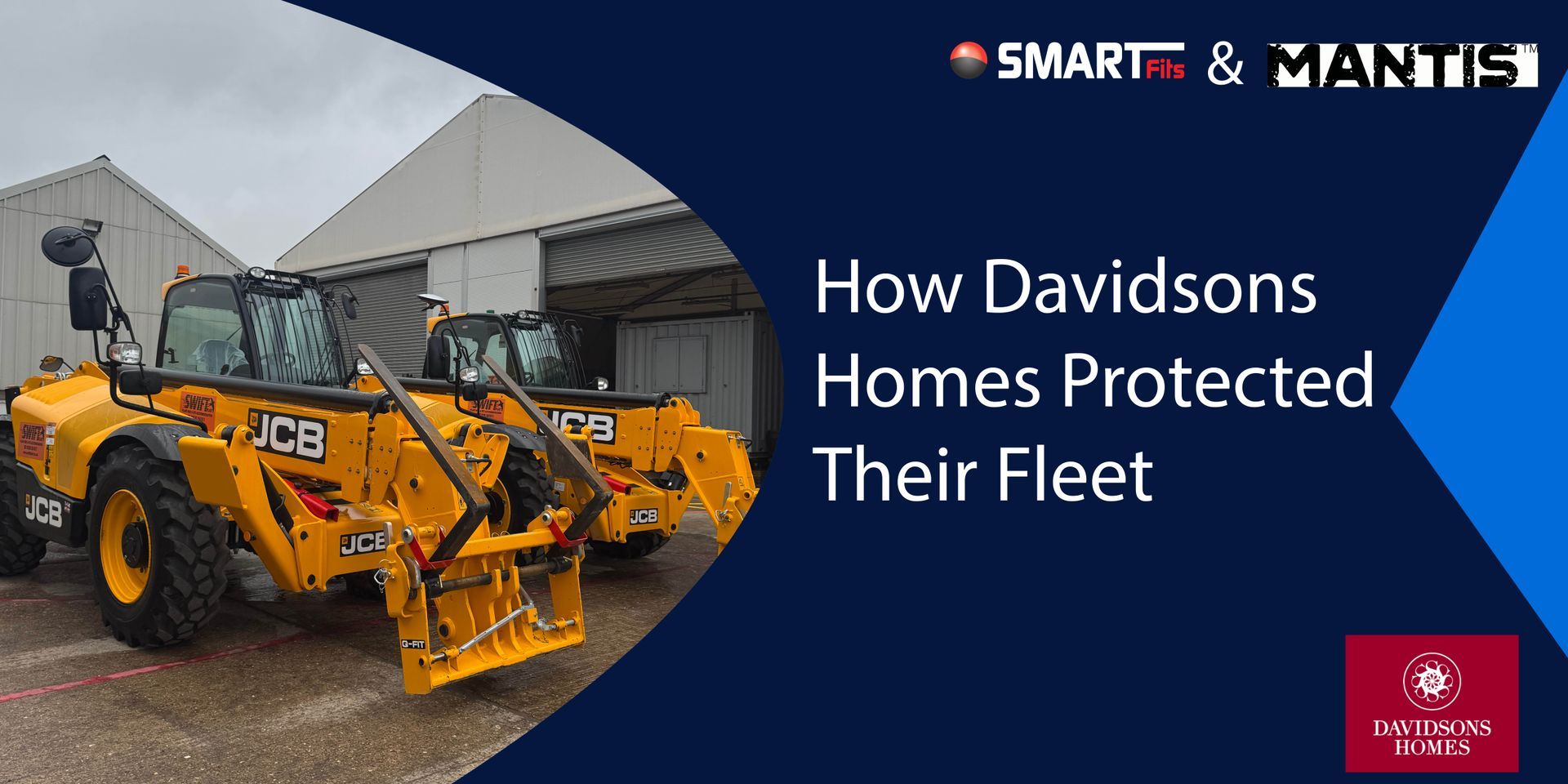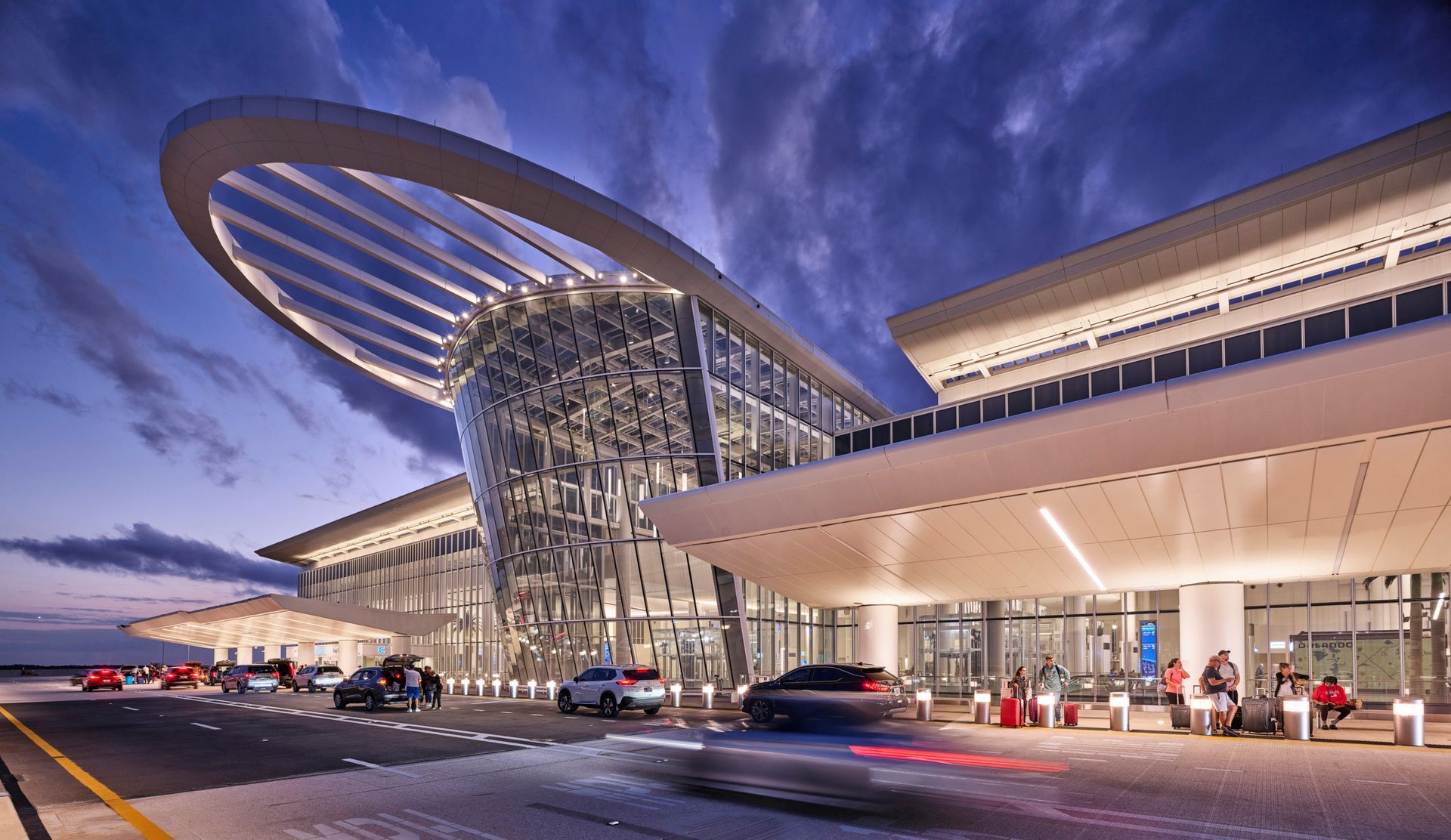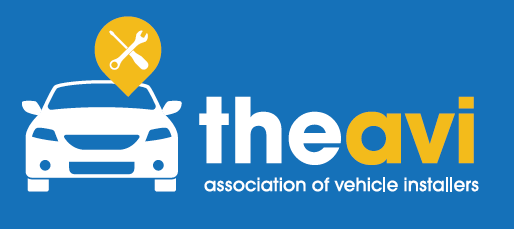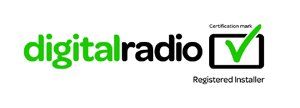Essential safety nets you might want to consider if you are a UK-based fleet business
The UK fleet bus industry is a fast-paced, competitive environment. Fleet bus drivers are in a high-risk profession, as they can be subject to all sorts of dangers on the road. They need to be prepared for unfortunate situations, which is where safety nets come in.
When it comes to fleet bus safety, you should always be looking out for the little things. From your vehicle's tires to its lights and wipers, one small mistake can lead to a much bigger problem down the line.
Safety nets to consider when operating in the UK
1. Regular fleet maintenance
Fleet maintenance is vital to the safety and longevity of every car. It includes a variety of services such as oil changes, tire rotation, transmission fluid checks, brake pad replacements, alignment adjustments, and more. This ensures that your vehicle runs smoothly for years to come.
Regular upkeep from qualified mechanics can save you time and money in the long run by ensuring your engine performs at its peak performance level which will result in reduced fuel consumption while also extending the life of your car's components.
Fleet maintenance ensures the safety of your employees, passengers, and cargo while driving, and also makes your vehicles last longer and run better for you (and everyone else on the road).
2. Fleet compliance
Fleet compliance is the process and policies that a company institutes to ensure its fleet operates within regulations. These regulations are imposed by VOSA (Vehicle and Operator Service Agency), or they can be implemented voluntarily by the company itself.
Fleet compliance also refers to the organisation's commitment to safety, which includes driver training and vehicle maintenance. Businesses of all sizes need to stay up-to-date on fleet regulations to keep both drivers and passengers safe on roadways.
Fleet compliance saves companies from being fined or having their vehicle repoed while also ensuring that they are following best practices for the safety and efficiency of company vehicles.
3. Fleet safety benchmarking
Fleet safety benchmarking is a process in which you can compare your fleet's safety and performance with other fleets. This data will allow you to see where your fleet ranks in comparison to others, what kind of improvements might need to be made, and how much it would cost if you wanted to make those improvements.
The benefits of this process are that fleets have access to information that they otherwise would not have had access to, such as their performance results or peer group information which helps them adapt their strategies accordingly.
Fleet safety benchmarking can help you see your fleet's strengths and weaknesses so you can identify areas for improvement.
Fleet managers often use this tool to help improve their vehicle operation, which in turn helps reduce costs associated with claims and liability.
4. Being a member of a fleet safety council
A fleet safety council is a group of public and private stakeholders that work together to create policies, programs, and initiatives for the purpose of improving safety in the transportation industry.
Fleet safety councils have been established with the goal of promoting safer driving practices among drivers in local communities. One way they work towards their mission is by educating drivers about safe driving habits through outreach programs like seminars and workshops.
The members plan, implement, evaluate and measure programs aimed at enhancing employee health and preventing injury or illness due to their work environment or equipment used during operations within the company's facilities.
As a business owner, being a member of a fleet safety council can help you take better steps towards securing your fleet.
5. Invest in cameras and vehicle tracking systems
Fleet managers need to be able to monitor their fleet and what better way than using a camera and tracker? The camera captures footage of the vehicle in front of it as well as those behind.
A tracker can tell you where your vehicle is at any given time, down to the exact latitude and longitude. This helps give fleet managers peace of mind knowing that their drivers are safe on the road.
The benefits of commercial vehicle camera monitoring go beyond just reducing accidents and fatalities, but also saves money by minimising downtime due to breakdowns or traffic violations.
Cameras and trackers also save your business from liability issues and insurance frauds and hence are imperative when it comes to securing your fleet. Whether you are a fleet business looking to stay on the right side of the law or just want peace of mind for your drivers and passengers, it is important that you take precautions.
Smart Fits specialises in providing high-quality security products for commercial vehicles, and operates in the UK. We offer fantastic nationwide deals on our range of vehicle cameras.
Make sure to contact us today if you have any questions about what we can do for your business!











